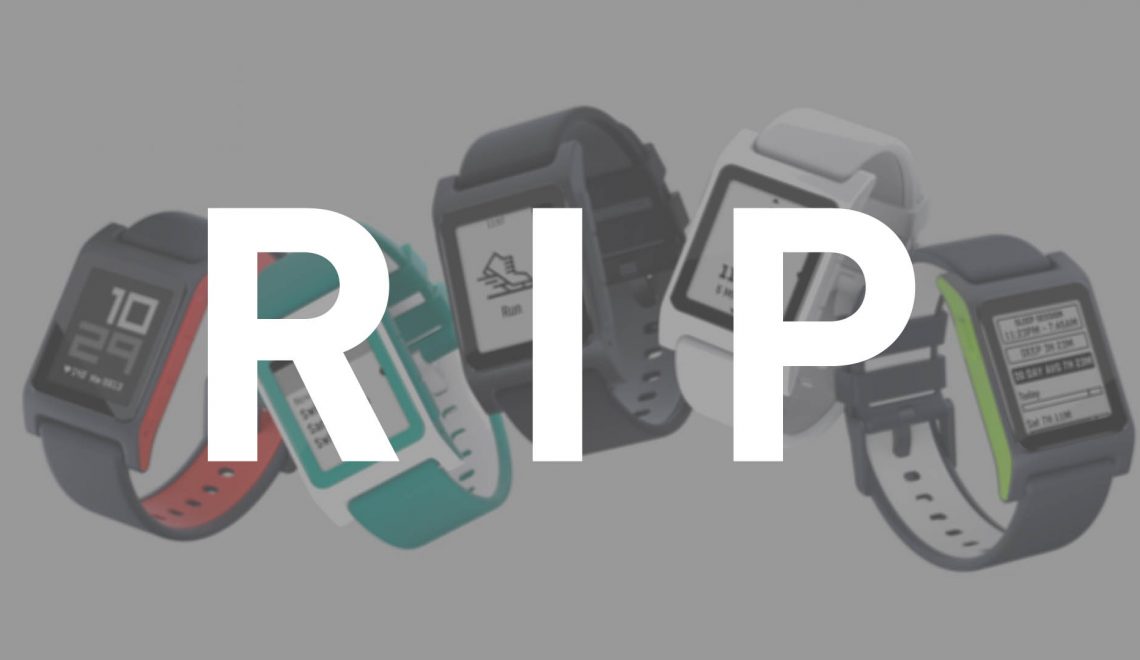UPDATED: According to ZDNet, Microsoft has sold through their remaining Band 2 inventory and has removed it from their online store. Also, the company has taken down the development kit for the Microsoft Band. We would expect the info page about the wearable to follow suit and soon be removed from the Microsoft website. While we knew Microsoft didn’t have a lot of faith left towards their activity tracker, it is surprising that the company planned to completely discontinue selling the Band when they just rebranded their health app from the generic “Microsoft Health” to the very product specific “Microsoft Band.”
Microsoft has reportedly ceased development of a third generation of its Microsoft Band. According to ZDNet, a few weeks ago the company disbanded a team working to port the Windows 10 platform to the wearable. Currently, versions 1 and 2 of the Microsoft Band run custom firmware. The move isn’t entirely surprising as Microsoft struggles to find an audience for Windows Mobile devices. In fact, MSPoweruser.com is reporting that Microsoft is pulling Windows Phones from company stores and WinBeta cites an anonymous employee as stating that the Lumia line of phones will be killed off by the end of the year. Since the Microsoft Band is designed primarily to interact with a Windows Mobile phone (non-Windows platforms are limited to a restricted feature set), with its ecosystem dwindling there is little logic in continuing to invest in Microsoft Band development. The software giant will continue to sell the Microsoft Band 2 at a discounted price of $175. Microsoft Health, the cross-platform cloud based health and fitness hub that the Band was designed to interact with, will continue to exist and, in fact, Microsoft is continuing to emphasize the service. But in a bizarre move the app has been renamed “Microsoft Band.”
It is possible that one day Microsoft will return to the wearable market. If we had to guess the next product will be more cross-platform friendly and will very likely contain cellular connectivity. Being able to exist without a phone, or any other Windows devices, would allow the company to create a Windows 10 based wearable that could attract a wider audience and possibly cause a halo effect by exposing them to the Windows platform for the first time.
The termination of Microsoft’s Band project is illustrative of the struggles the Redmond based company has had in the hardware business. Although it is finally finding a glimmer of hope with the newest Surface Pro, Microsoft has really struggled to find its place over the past decade and has not been able to figure out the non-gaming consumer electronic market. Since the days of the Zune, Microsoft has had aspirations of merging their software with custom designed hardware, similar to Apple. But in the years to come, Microsoft fell flat. The Zune became a joke and the company became thought of as an old-school software business. During this time Google focused on cheap hardware (Chromebook) and free, collaborative productivity software (Google Docs) and Apple made tremendous headway into corporate environments. All the while, Windows struggled with security while becoming bloated, Office products started to stagnant, and it all was very expensive. Thankfully, Windows 10 undid a lot of the wrongs with the Windows OS and Office 365 allowed the company to continually push out meaningful updates to its productivity suite. Microsoft is using this success to continue its star-shots, including the HoloLens; we just hope they don’t loose sight of today as they chase tomorrow.


